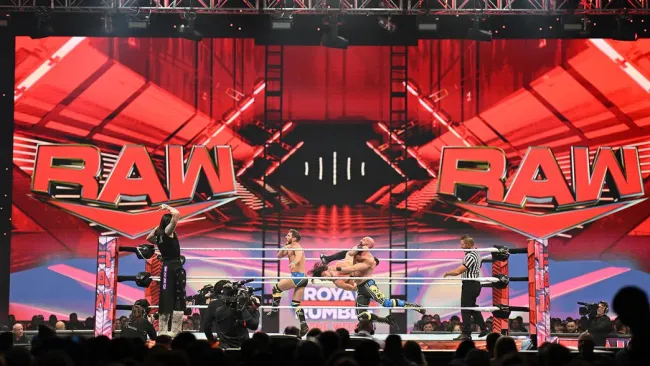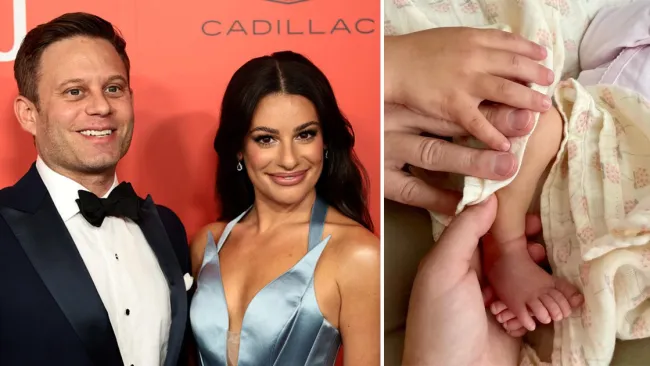The end of Sherwood’s first instalment wrapped up so neatly that, sitting down to watch season two, it was hard to see where it could go next.
Not that I’m complaining about its return. With a clever and engaging concept, a fascinating plot and compelling central characters, season one was television dynamite.
Based on the true story of a series of murders in a Nottinghamshire ex-coal mining village, it wove together contentious recent history, political commentary and the area’s Robin Hood lore. Once the bow-and-arrow-wielding killer had been caught by protagonist detective Ian St Clair (played by David Morrissey) it very much felt like the case was firmly closed.
The show’s writer James Graham (who is also behind the play Dear England, and TV show Quiz) is from the area where the show is set, and the murders that inspired season one happened just streets away from where he grew up.
He once again takes inspiration from his own personal background for season two. In the run up to the show’s release he has been vocal about wanting the TV industry to tell more working-class stories, and Sherwood continues to pull on the social and political themes that made it so compelling from the beginning.
Sherwood has an excellent sense of place, and we return to present-day Ashfield as it grapples with its identity during the climate crisis — and a possible new coal mine opening. Indeed, each episode opens with a disclaimer that it “draws on a difficult period in Nottingham during an escalation of crime following the collapse of coal mining”.
We are reacquainted with familiar faces, but also meet new residents, which keeps the whole thing feeling fresh. New additions include David Harewood and Sharlene Whyte as the delightfully dull parents in the Bottomley family, as well as the new Sheriff of Nottingham (played by Ria Zmitrowicz) and her wife.

The new series is centred around escalating gang turf wars between the Sparrows, Bransons and Ryan Bottomley (played by Oliver Huntingdon), making for a new theme that still picks up threads from season one around Daphne Sparrow’s identity struggles.
Meanwhile, Morrissey’s Ian St Clair has left the police but slowly finds himself being drawn back into the force as the violence escalates and the case becomes more complex. Yes, his character does fit into the “brooding experienced detective going rogue” trope which is definitely overdone in British crime dramas.
However, it means he is able to vocalise some of Sherwood’s characteristic social commentary — this time, on the police and community relations. There is also a completely unnecessary romance storyline between him and Julie Jackson, the widow of the first murder victim in season one, which I was not a fan of and thought added nothing.
This is not the conceptual masterpiece that season one was, but each episode is still gripping and deeply exciting. The series is paced incredibly well, filled with action, and retains the ability to shock and surprise. It is also beautifully shot and keeps the same visual language with heavy nods to back Robin Hood and Sherwood Forest, using nature to create an air of mystery that made season one such a treat to watch.
After finishing one episode, I immediately wanted to watch the whole lot. Sherwood may be one of many gritty British crime dramas, but its unique sense of identity and place keeps it ahead of the rest of the pack.
Sherwood is streaming now on BBC One and BBC iPlayer
Disclaimer: The copyright of this article belongs to the original author. Reposting this article is solely for the purpose of information dissemination and does not constitute any investment advice. If there is any infringement, please contact us immediately. We will make corrections or deletions as necessary. Thank you.





